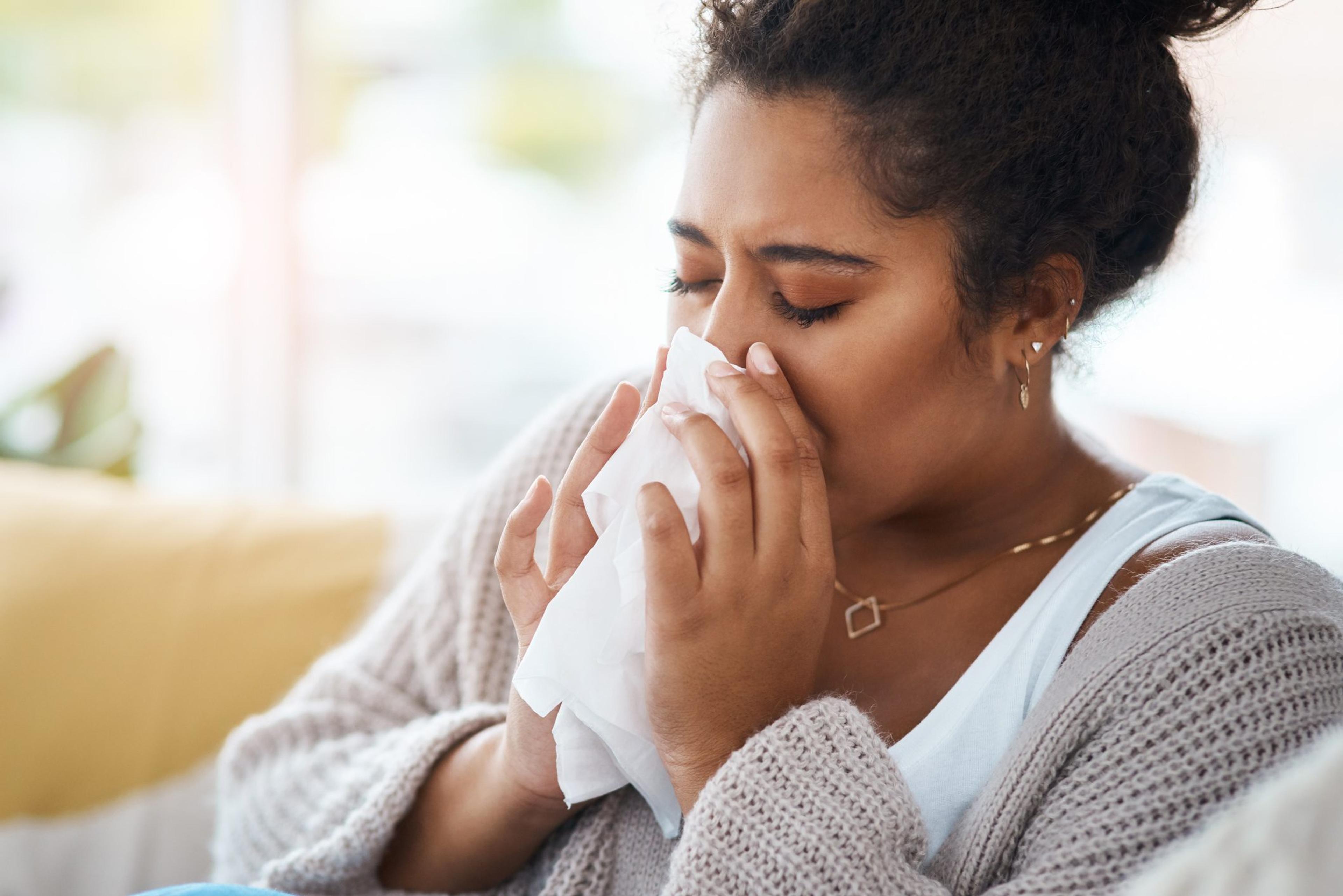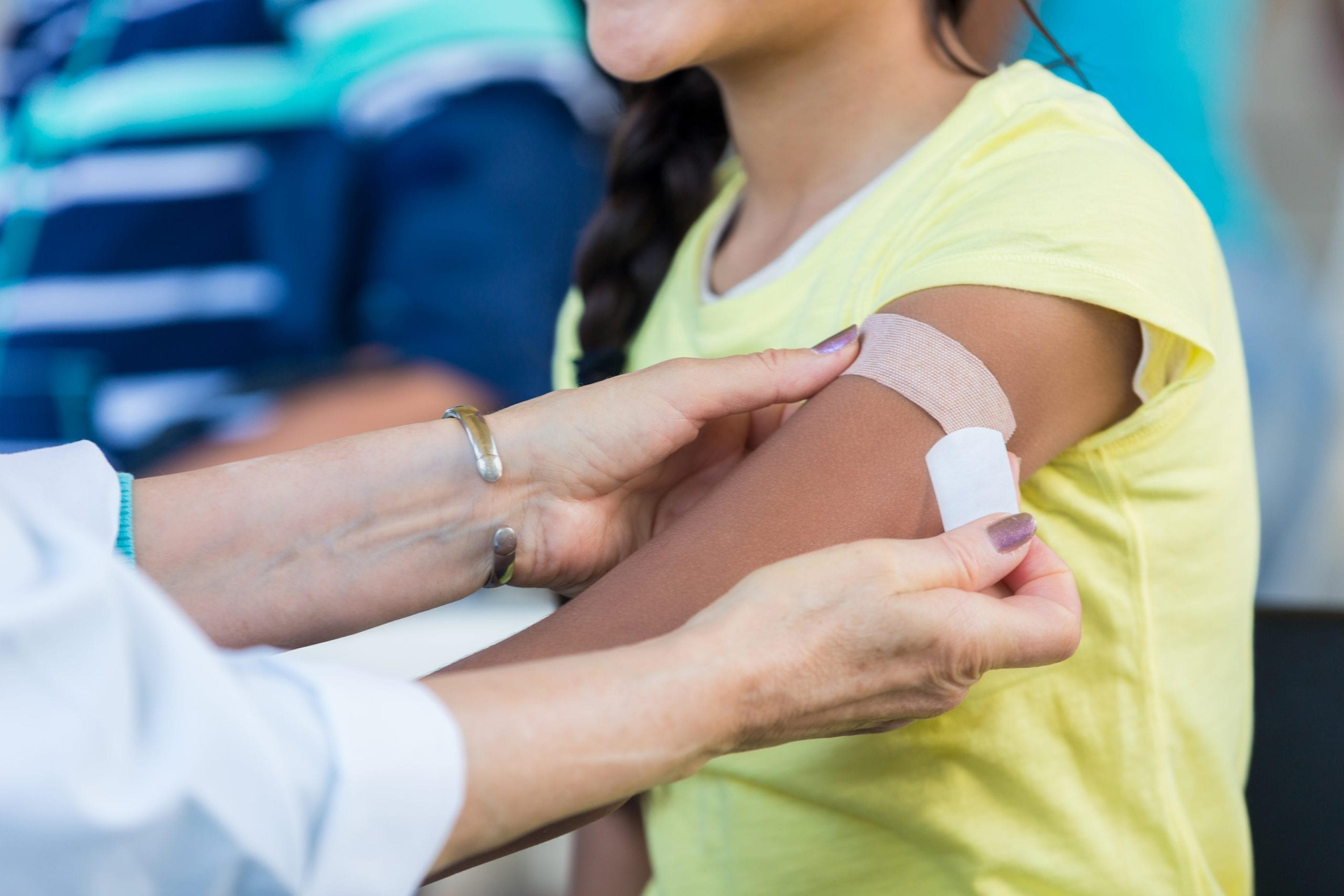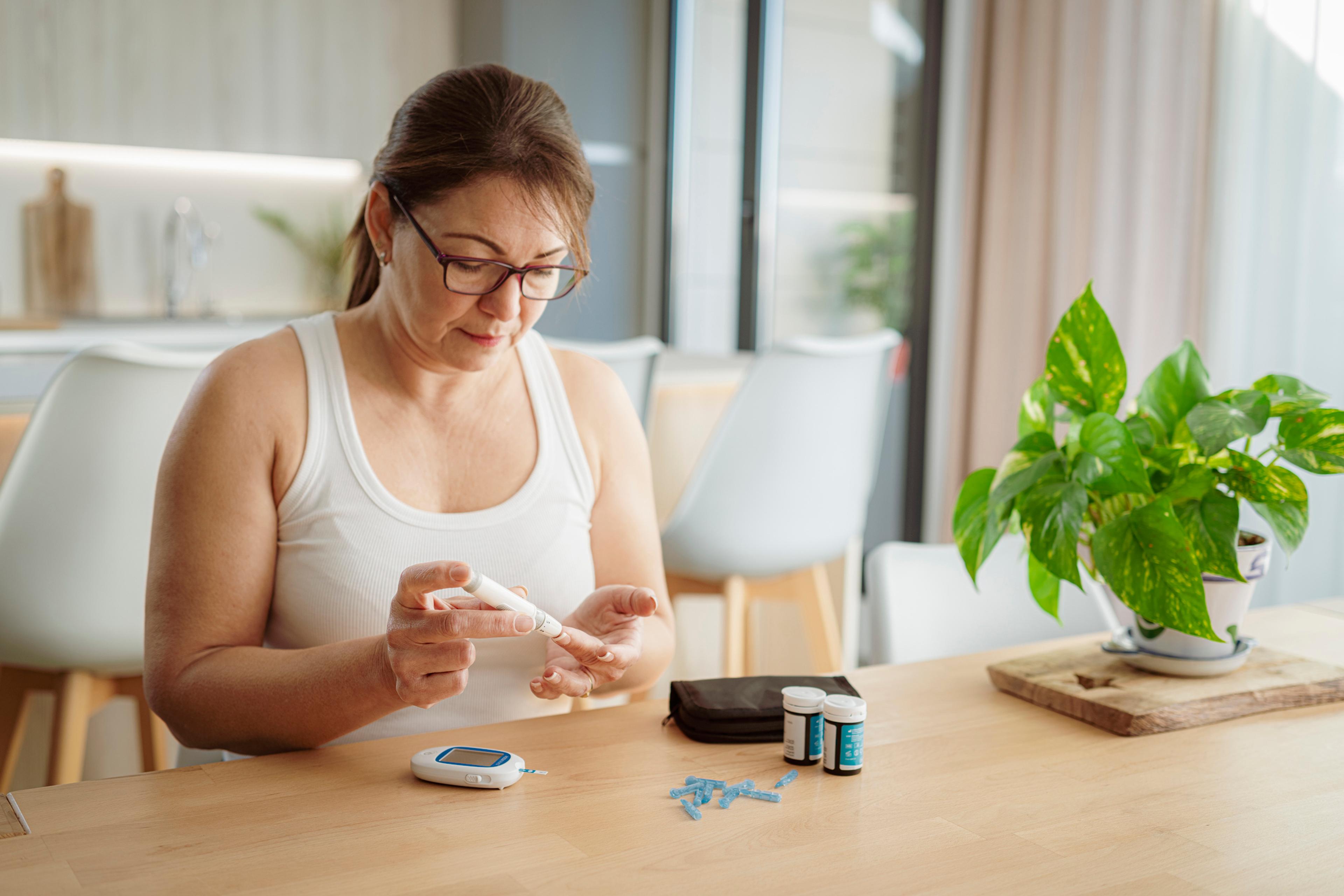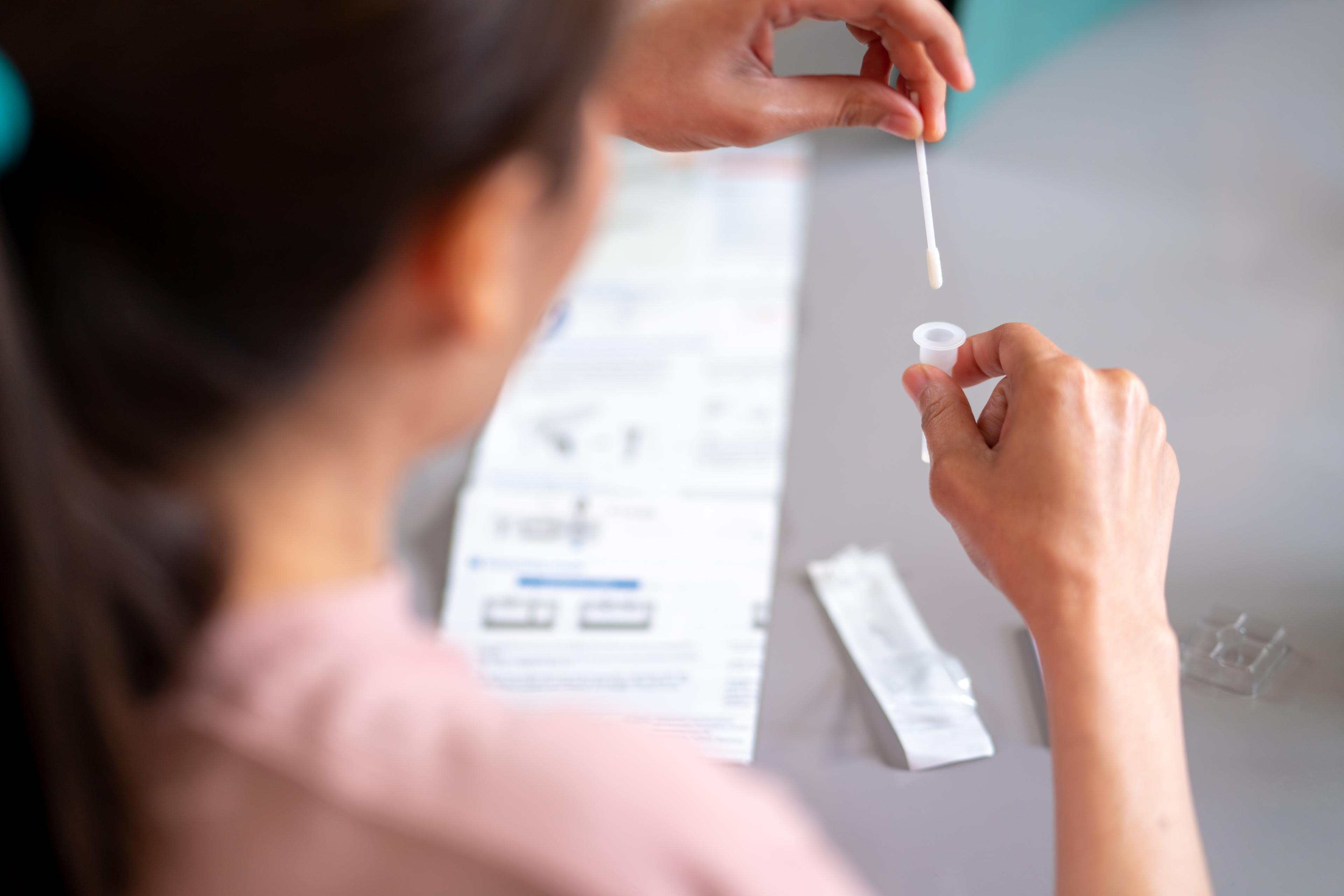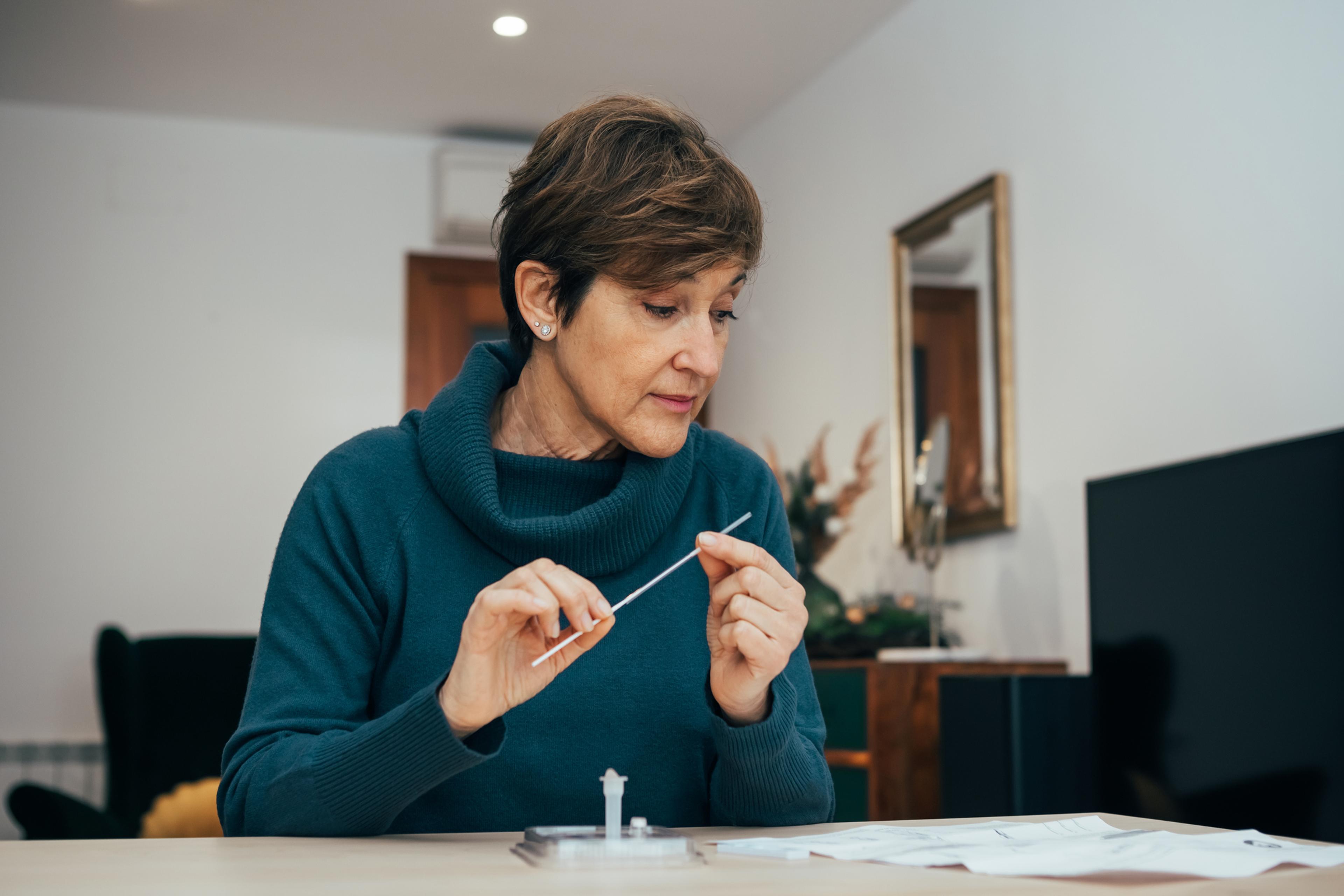Why There are Still COVID-19 Hot Spots Across the U.S.
Amy Barczy
| 2 min read
Amy Barczy is a former brand journalist who authored content at Blue Cross Blue Shield of Michigan. Prior to her time at Blue Cross from 2019-2024, she was a statewide news reporter for MLive.com. She has a decade of storytelling experience in local news media markets including Lansing, Grand Rapids, Holland, Ann Arbor and Port Huron.
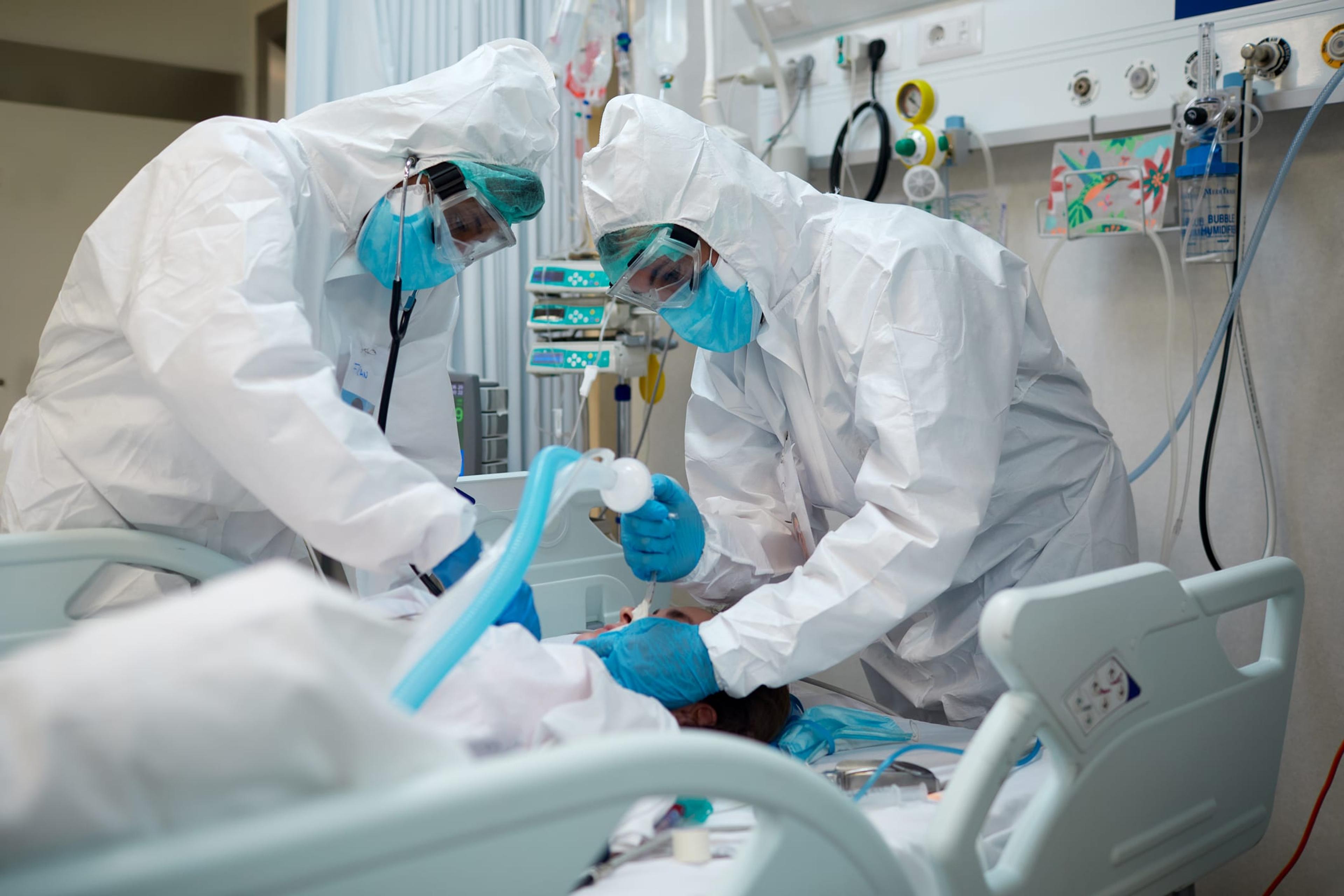
Vaccinations for COVID-19 have been available to the public for several months, yet there are areas in the U.S. where cases are surging. These hot spots tend to be in areas where fewer people are fully vaccinated: In Alabama, Arkansas and Mississippi where less than 35% of residents are fully vaccinated, the average daily rate of new cases were among the worst in the country. In Michigan, where 53% of residents age 12 and up are fully vaccinated, the rate of new cases is average compared to the rest of the nation. Yet vaccination status in the state – as in many other places – is not uniform; rates of vaccination vary by community, creating an environment in which hot spots of infection could occur. Additionally, a more contagious version of the coronavirus – the Delta variant – now dominates new COVID-19 cases in the U.S. The Delta variant has been identified in Michigan and has accounted for an increasing number of new cases. Every virus goes through genetic mutations to create variants. The U.S. Centers for Disease Control and Prevention has been tracking multiple variants of the coronavirus and analyzing each one. What’s notable about the Delta variant of the coronavirus is that it’s more contagious, and your body needs a higher level of antibodies to the coronavirus to be immune to the Delta variant. The Delta variant is also known as the B.1.617.2 variant. It was first identified in India and has since spread across the globe. Health officials state COVID-19 vaccines are the best measure of protection against the Delta variant. It’s critical that if you received the first shot of a Pfizer or Moderna vaccine, you receive the second shot and wait the recommended two weeks to achieve full immunity. If you only received the first shot of a two-dose vaccine, talk to your health care provider about next steps. For individuals who are unvaccinated, officials advise that they continue to follow precautionary measures including wearing a mask, staying socially distant and washing hands frequently. More from MIBluesPerspectives:
- Drug Prices Continue to Increase During the Pandemic
- 7 Pandemic Habits to Continue
- The Crucial Impact of COVID Vaccines
Photo credit: Getty Images

